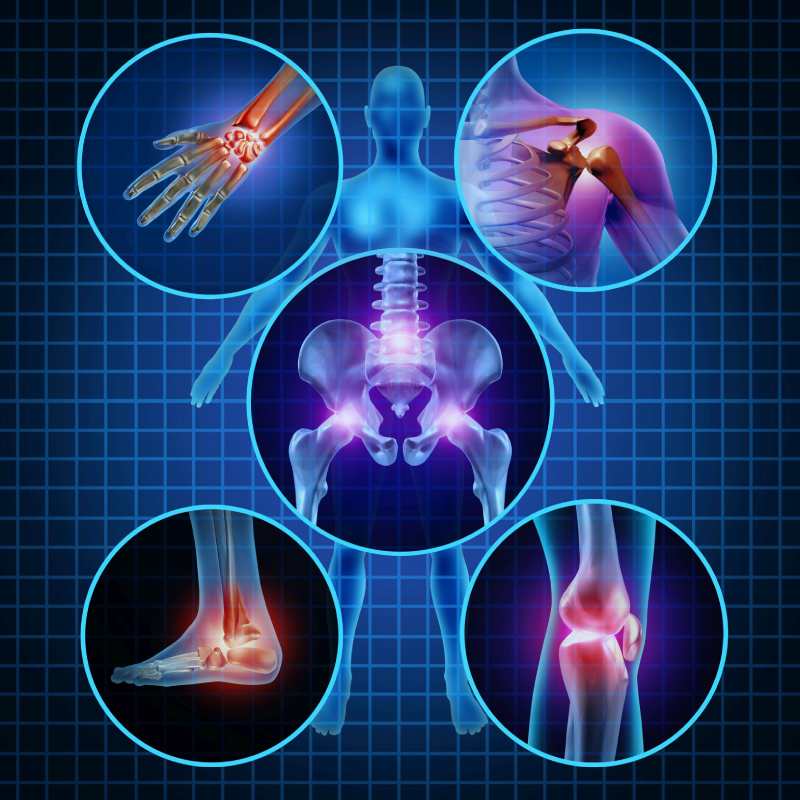While dietary calcium is the ideal source of calcium, most Canadians do not get enough calcium in their daily diets. Common calcium compounds used as supplements are calcium carbonate, calcium phosphate, calcium gluconate, and calcium citrate. Others include bone meal (“ashed” or heat-treated bone), coral calcium, and microcrystalline hydroxyapapite concentrate (MCHC). The simple chemicals (carbonate, phosphate, gluconate) are inexpensive but their absorption is questionable. Bone meal, coral calcium and oyster shells may contain contaminants (lead, mercury, arsenic) and their absorption is also doubtful. Citrates are well absorbed, but they are missing trace minerals and bone core proteins (see below).
MCHC is an all-natural, bovine-derived whole bone supplement that provides a full spectrum of highly absorbable macro-minerals (calcium, phosphorus) and trace minerals (boron, zinc, copper, magnesium) found naturally in bone. These trace minerals are required to form resilient bone that will not break so easily. MCHC also provides other factors that comprise healthy bone, such as collagen type I, amino acids, protein, organic factors, and growth factors. These are the protein cores for the formation of new bone. MCHC is cold-processed to help preserve the delicate organic factors that are heat sensitive. Although made from bovine bone, MCHC is verified to be free of mad cow disease, lead, mercury, and arsenic. Dosage depends on how much elemental calcium you get from diet. A heath care professional can help calculate your dosage.
VITAMIN D3 is also required to form healthy bone as it helps with the absorption of calcium. Osteoporosis Canada recommends a dose of 400-1000 IU daily for most healthy adults, where as those who are at higher risk of osteoporosis (e.g., history of multiple fractures) should consider 800-2000 IU daily.
MAGNESIUM affects the structure of the actual bone crystals. When there is a deficiency in magnesium, the crystals are large and structured such that the resulting bone is more brittle. Magnesium is important in the health of osteoclasts, the bone building cells. Furthermore, magnesium helps to regulate the calcium levels in the body through its regulatory actions on parathyroid hormone and vitamin D3. Women and men should take in at least 250mg and 300mg of magnesium, respectively on a daily basis.
Christine and Fred Cheng are a passionate, charismatic sister-brother pharmacist team at their unique, family-operated Pharmasave stores in Cloverdale and Steveston, B.C. They specialize in natural remedies and compounding for both human and veterinarian use. Everything mentioned in their article is available InStore.




